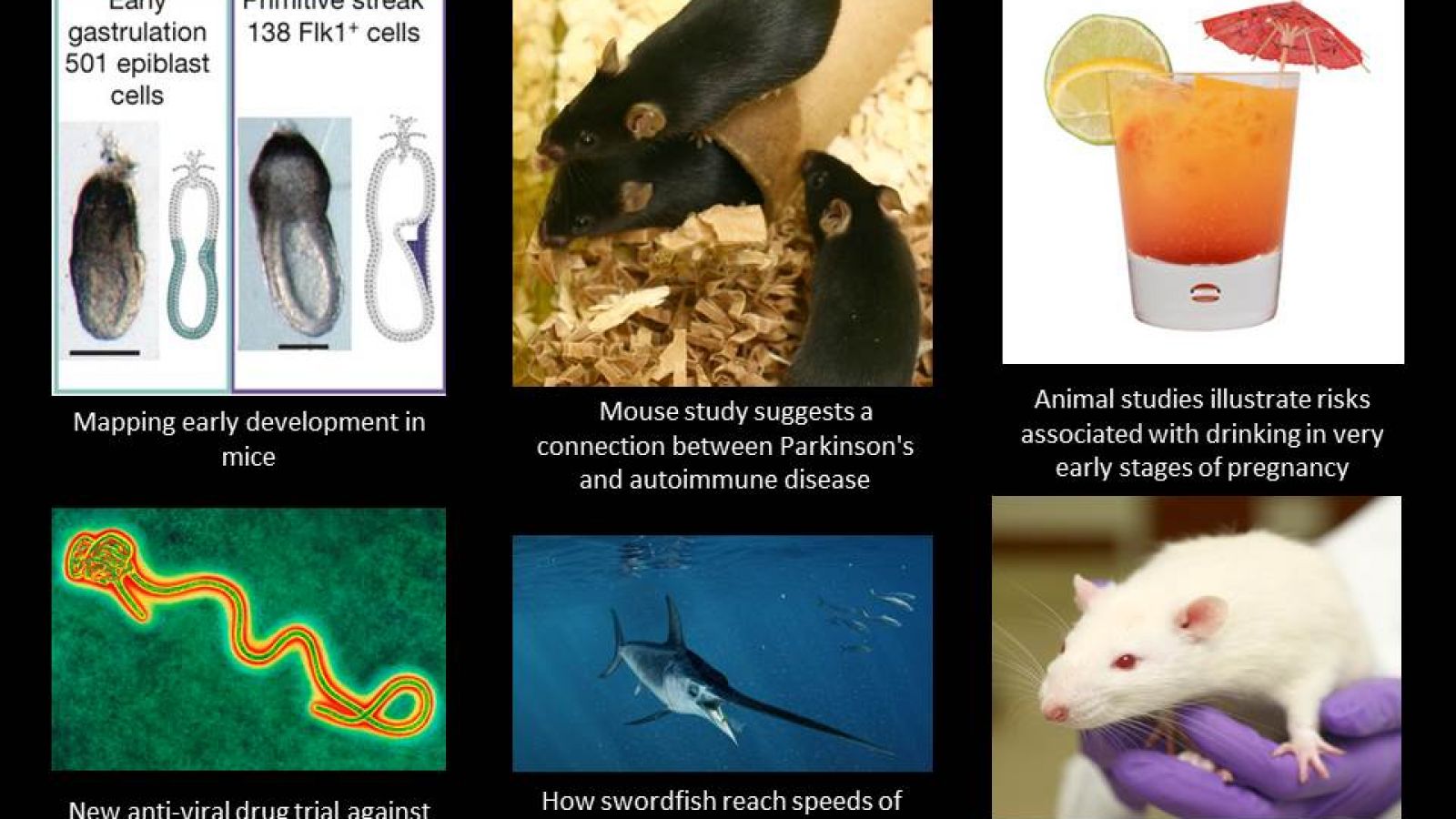New anti-viral drug trial against Ebola
Following trials in monkeys and safety testing in humans another anti-viral enters trials.
The 2014 outbreak of Ebola virus caused more than 11,000 deaths in West Africa. The drugmaker Gilead Sciences just launched a mid-stage study of GS-5734, an antiviral, that, if proven effective, could be a crucial weapon against future flare-ups of Ebola.
The Phase II clinical trial in Liberia will test whether the Gilead compound can clear viral RNA that has remained in the eyes, testes, and spinal column, for example where that immune cells have trouble reaching. In rare cases, that reservoir of genetic material causes the Ebola virus to come back months after a person is believed to be cured. It also can be passed onto sexual partners.
https://cen.acs.org/…/Study-launched-Gileads-Ebola-antivira…
Primate linguistics guide
Linguists and primatologists have joined forces to create the groundwork for ‘primate linguistics,’ helping to decipher the meanings behind monkey speech.
The comprehensive study examines the calls of different species, analyzing the structure and placement of these vocalizations, and explains what individual calls and sequences mean.
While the language of primates may not be as complex as our own, researchers say these animals demonstrate linguistic capabilities that are both ‘exciting and sometimes challenging.’
Mapping early development in mice
In the first genome-scale experiment of its kind, researchers have gained new insights into how a mouse embryo first begins to transform from a ball of unfocussed cells into a small, structured entity.
“It wasn’t what we expected at all. We found that cells which in healthy embryos would commit to becoming blood cells would actually become confused in the embryos lacking the key gene, effectively getting stuck,” says John. “What is so exciting about this is that it demonstrates how we can now look at the very small number of cells that are actually making the decision at the precise time point when the decision is being made. It gives us a completely different perspective on development.”
Scialdone A, et al. (2016). Resolving early mesoderm diversification through single-cell expression profiling. Nature (in press); http://dx.doi.org/10.1038/nature18633
Understanding Alzheimer's
A new mouse study suggests a connection between Parkinson's and autoimmune disease.Two genes that are associated with Parkinson's - PINK1 and Parkin - can cause the immune system to attack the wrong things.
https://www.alnmag.com/news/2016/07/neuron-cell-death-parkinsons-may-be-caused-overactive-immune-system
Today is the 20th anniversary of Dolly the sheep, the first ever mammal to have been cloned from an adult cell.
Dolly was born when researchers at The Roslin Institute removed the nucleus from a sheep egg and transplanted the nucleus from another cell into that egg. The transplanted nucleus came from a six-yea-old ewe. 227 nuclear transfers were performed, creating only 29 embryos suitable for implantation into waiting surrogate females. Only one of the embryos reached full term, Dolly was born.
Cloning animals was not the end goal for the Roslin scientists, instead, the creation of Dolly was a critical step in the development of genetically modified animals. The discovery that an adult nucleus could be transplanted into an embryo-like state has had a huge impacts on science and led to the discovery that it is possible to convert adult cells into stem cells without the hassle of nuclear transfer.
In 2003 Dolly was put down after suffering from arthritis and a progressive lung disease, the result of a fairly common retroviral infection. She is now on display as a taxidermy exhibit in the National Museum of Scotland.
https://www.theguardian.com/science/animal-magic/2016/jul/04/hello-again-dolly-cloned-sheep-gets-a-new-display-for-20th-birthday
Video quiz about Dolly the Sheep
Check out this video quiz by BBSRC to celebrate the 20th anniversary of Dolly the Sheep.
https://www.youtube.com/watch?v=V4WwSMptIDk
Animal studies illustrate risks associated with drinking in very early stages of pregnancy
It is well established that drinking alcohol during pregnancy can have detrimental effects on a developing foetus. However, the effects of drinking during conception and the very early stages of pregnancy are not well established. According to the National Drug Strategy Household Survey 47.3% of women consumed alcohol whilst pregnant before they knew they were pregnant. This is not surprising considering almost 50% of pregnancies are unplanned. Whilst clinical studies have not yet tracked the drinking patterns of women prior to the recognition of pregnancy, preliminary research in animals is showing alcohol consumed around conception and very early pregnancy can alter the development of the early embryo and lead to long-term health consequences.
Research in mice illustrates changes in the brain structure of offspring in areas relating to learning and memory is a consequence of alcohol consumption. Research in rats
illustrates that alcohol consumption causes changes to the embryo before the egg implants and any organs start to develop. Furthermore, the risk of offspring becoming obese and developing type 2 diabetes in early middle age dramatically increased.
http://www.dailymail.co.uk/health/article-3673449/What-risks-drinking-know-pregnant.html
The National Centre for the 3Rs have developed their Macaque Website to include more material. The aim of the website is to share information on macaque behaviour, care and use to improve the welfare of these animals in laboratories worldwide. The new content includes an interactive quiz on macaque behaviour, and information on housing macaques on studies conducted under biocontainment.
The Macaque Website: http://www.nc3rs.org.uk/macaques/
Do anti-anxiety drugs dull empathy?
Rat study suggests that anxiety medications could be dulling our empathy. Rats which took the drug were less likely than those who did not (the control group) to help a trapped cage mate. The control group were quick to unlock a catch to open the door for a restrained rat in a clear enclosure, but the group taking midazolam made little effort to help.
http://www.huffingtonpost.com/entry/are-anxiety-drugs-making-us-less-eager-to-lend-a-helping-hand_us_5772a52be4b0f168323b0b70
Last edited: 7 April 2022 14:53




